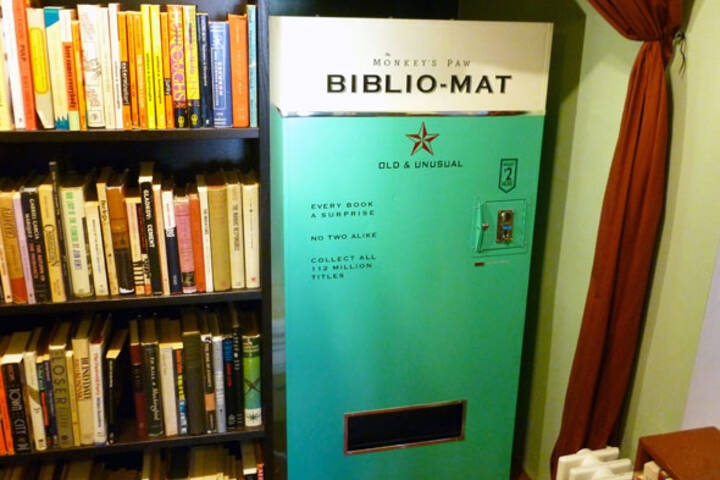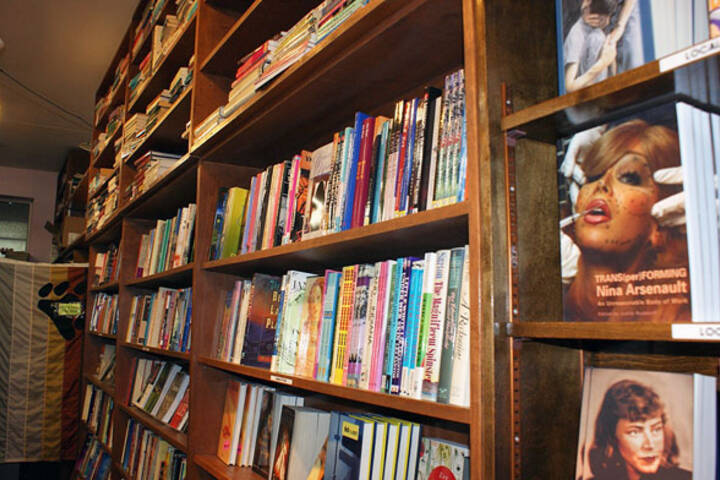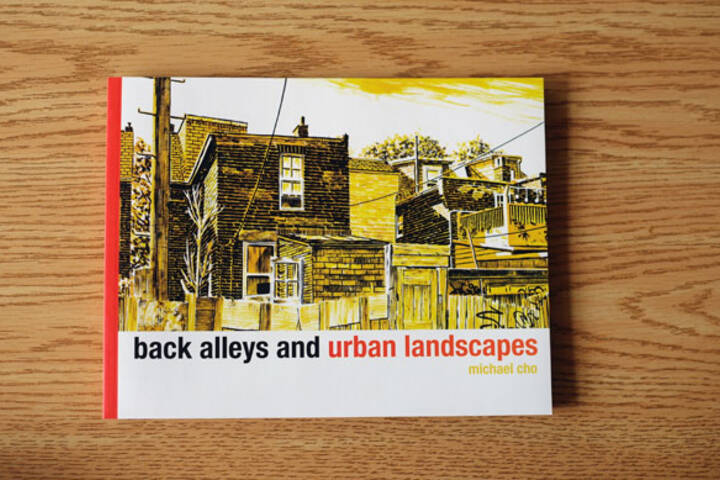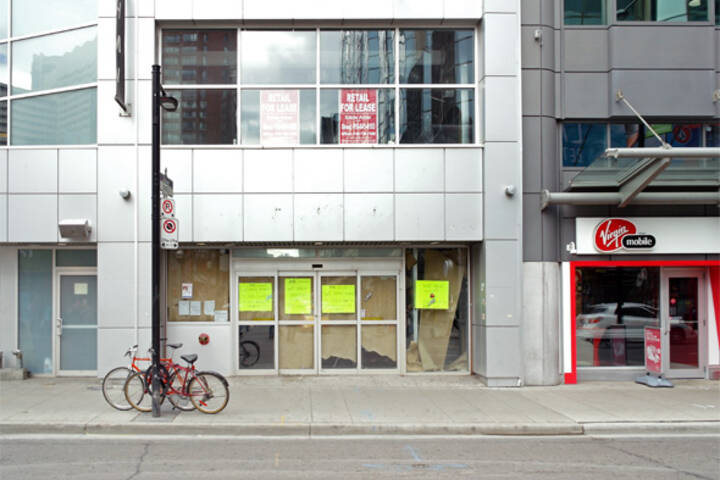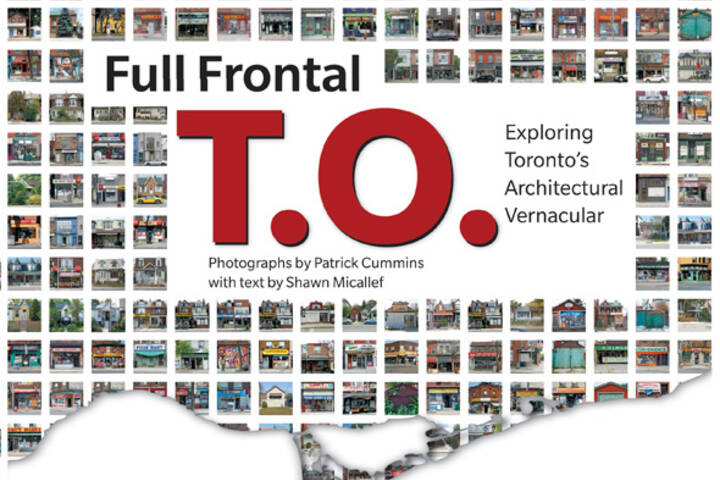
Book Review - Municipal Mind: Manifestos for the Creative City
In the last year or so I've developed a growing interest in the intersection of urban geography and cultural studies. I'm not alone in this interest; the proliferation of public space and urban intervention special-interest groups has made everyone either an activist or a student of the anthropology of city-building. None of this is exactly new news, but the ripples of our urban-obsessions are still being felt in city-building, politics, and literature.
A few weeks ago I went to the launch for Pier Giorgio Di Cicco's Municipal Mind: Manifestos for the Creative City (Mansfield Press). In an evening filled with rousing speeches by Spacing editor Matt Blackett, Mayor David Miller, and the Poet Laureate himself, it was easy to get excited about city-building, particularly in Toronto, which, we were repeatedly reminded, is on the verge of finally "falling in love with itself." (I believe that's in the legitimate sense of the phrase, not the narcissistic way in which Torontonians are often accused of viewing their city).
Since then I've had a chance to read the book:
The "Creative City" is an idea that has been thrown around a fair amount in recent years. With cities trying to "out-creative" each other to gain a competitive edge in quality-of-life and economic status, it's easy to become cynical about creativity in cities, especially when espoused by official bodies like governments and advertising agencies.
Municipal Mind pulls the veil of official-dom off the face of the Creative City and reminds us that civic creativity is at its best when it's a human creation: "Where there is a disconnect between the civic dream and the market hunger, there is an area called the creative city that rejoins the project of dreaming and the project of building." Extended to concepts of beauty in the city, Di Cicco writes "the beautiful is not landscape, or cityscape or architectonic; the beautiful is what people have built in the spaces between each other - a reciprocity, an exchange of ideals and a shared vision."
The book is not about Toronto (although it is dedicated to it), but Toronto lingers around the text like the inspiration it must have been. As many of us look to the creativity we see around Toronto and begin to feel hope and pride, we agree with Di Cicco's assertion that "[t]he purpose of the arts in a city is to help a city fall in love with itself."
Toronto also rears its head in a section entitled "Self Consciousness: The Enemy of the Creative City." One passage reminded me of the recent struggle to maintain the gatherings that occur weekly on Cherry Beach: "The municipal thinking must be on guard against a regulatory ethic that establishes norms contrary to the philosophy of public space. Public space in theory invites exploration, encounter and activity, but municipal and corporate thinking can over-regulate it, limit it, and even extinguish it." In keeping with Cherry Beach, the fact that the harmless bit of mayhem is still allowed to continue is an encouraging sign for our city.
The book goes on in a similar vein over its thirty-four short manifestos. Some are prescriptive, while others are cautionary. A friend who read the book disliked it because she felt it was too "cute," a complaint I can understand although one with which I don't necessarily agree. I'm not entirely sure who the intended audience of the book is: it is too light on implementation strategies to serve as a guide for developing creative cities, but versed enough in the language of city-building to be considered at the very least a set of guiding principles by which creativity ought to be fostered in urban centres.
For anyone interested in creativity and cities (and the place where they intersect), Municipal Mind will certainly offer a few insights. And for those looking for a reflection of Toronto through the critical eye of its Poet Laureate, there is plenty to be found between the lines, like the hidden laneways that help hold the fabric of the city together.
Image from Spacing.
Latest Videos
Latest Videos
Join the conversation Load comments
